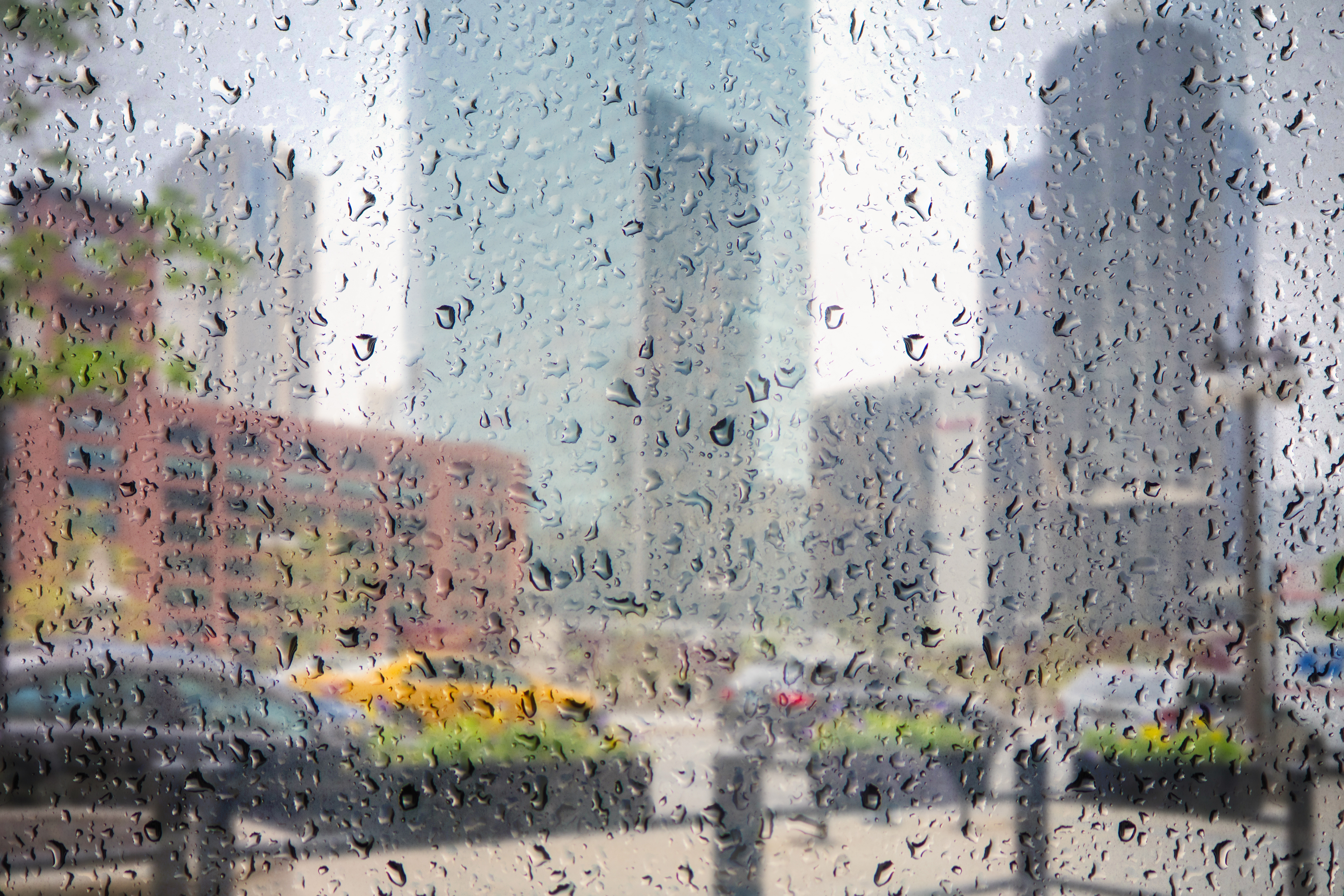With daylight saving time ending this weekend, some sleep experts say the time change is good for our health.
“Falling back” this weekend, when we turn our clocks back one hour at 2 a.m. ET on Sunday, is actually easier on our bodies than the spring time change, according to one sleep expert.
“This time of year generally people tend to tolerate better. It gives you an extra hour of sleep. It does put you more in line with where you want to be,” said Dr. Sabra Abbott, a neurologist with Northwestern Medicine’s Sleep Disorders Center.
Dr. Abbott says studies show the other one-hour time change in March, known as “springing forward,” is detrimental to our health.
Feeling out of the loop? We'll catch you up on the Chicago news you need to know. Sign up for the weekly Chicago Catch-Up newsletter here.
“We do know that things like car crashes go up, heart attacks go up all around that time of the spring time shift,” Dr. Abbott said.
As far as the impact of falling back on Nov. 6, Dr. Abbott said that most people may find that they get tired earlier in the evening or wake up earlier in the morning.
There are ways to address that, according to Dr. Abbott, who says getting some extra, bright light at night, even in front of a screen, can help shift our body clocks.
Local
“I know that goes against all the sleep hygiene you normally hear, but this is the one time that a little extra screen time or a little extra bright light from one of those daylight lamps can really actually help reset you to the new time,” Dr. Abbott said.
The time shift often renews the longstanding debate about ending the biannual time change, and there is a proposal before Congress right now.
Passed by the U.S. Senate unanimously in March and now stalled in the House of Representatives, the Sunshine Protection Act would make daylight saving time permanent in the U.S.
Sleep experts though, including Dr. Abbott, are against the proposal, saying it pushes our bodies away from the natural rhythm of waking up when the sun comes up. “That means that everybody is going to have a harder time waking up in the morning. They’re going to have a harder time falling asleep on time at night. In turn, we think that also could be associated with greater rates of depression, greater rates of cancer, for example,” Dr. Abbott said.
“Myself, and every other sleep expert out there, would prefer that we went to permanent standard time, so what we prefer is that we shift our clocks back this weekend and then we stop.”



